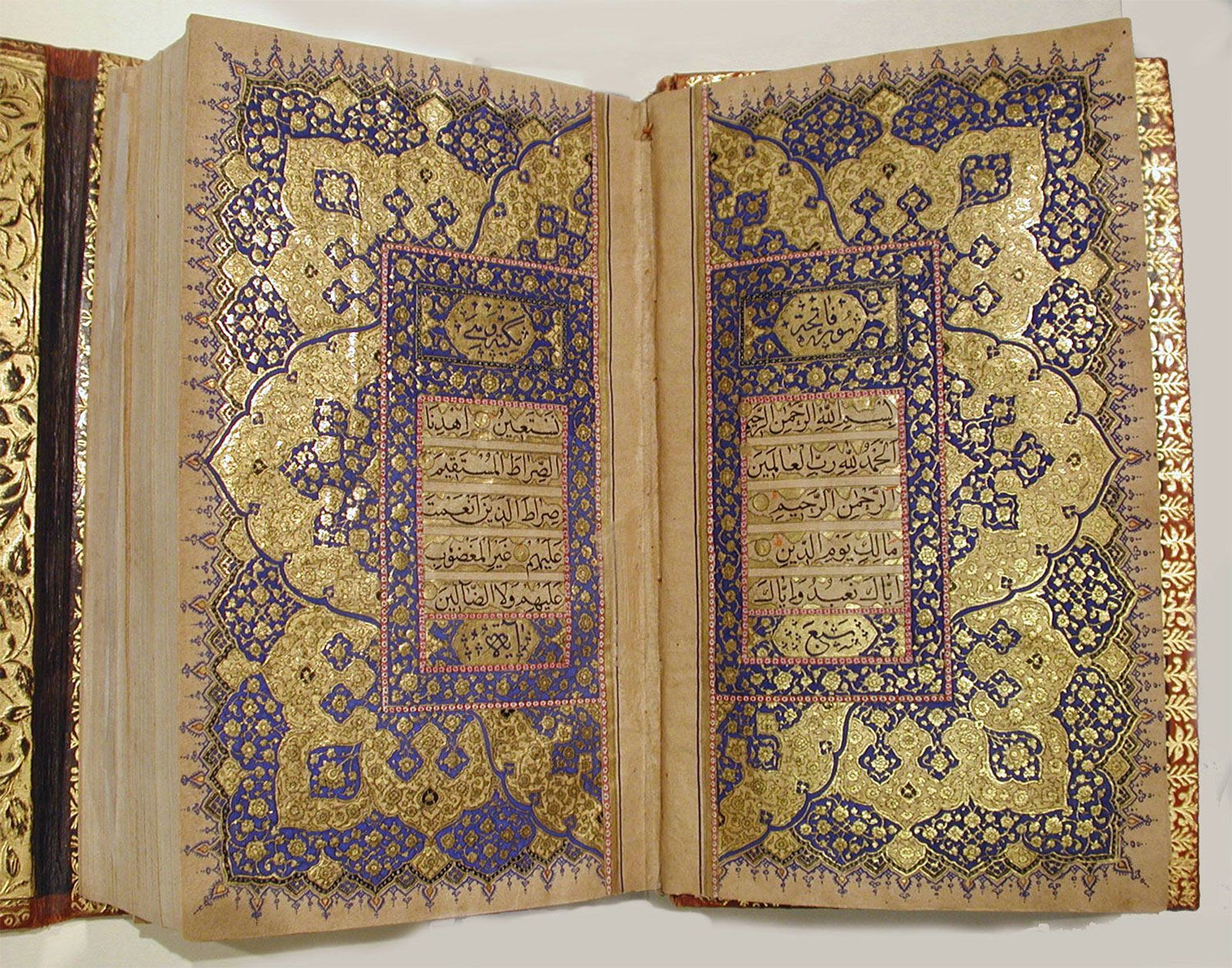In the exploration of the Baháʼí perspective on the Biblical and Quranic texts, one finds oneself immersed in a river of spiritual wisdom that flows through both scriptures, intertwining like the delicate roots of a flourishing tree. This integration presents an intriguing tapestry of shared principles, striving to foster unity and understanding among diverse faiths. The Baháʼí teachings advocate for a thorough examination of religious texts, not as isolated artifacts but as interconnected expressions of divine will.
To comprehend the Baháʼí perspective on the Bible and the Quran, one must first acknowledge the essential tenet of the oneness of God. This principle posits that while God has revealed Himself through various prophets across time, each scripture serves as a beacon guiding humanity through shifting epochs. The Bible and the Quran thus emerge not as rival texts, but as complementary scrolls revealing facets of a single, divine vision.
Historians and theological scholars often delineate the Bible and the Quran within distinct bounds. However, a Baháʼí viewpoint envisions these sacred writings as reflections of a harmonious dialogue. The metaphor of music resonates profoundly here: the Bible may be likened to a symphony while the Quran embodies a captivating solo. Each note is significant, yet together they create an orchestral masterpiece that resonates with the human spirit.
One of the cruxes of the Baháʼí teachings regarding the Bible and the Quran is the emphasis placed on the spirit of the law rather than its letter. This principle aligns with the Baháʼí understanding of progressive revelation. The ideals espoused in both texts transcend literal interpretations, inviting adherents to grasp the underlying principles of justice, love, and compassion. This perspective fosters an environment wherein scholars and laypersons alike can engage in an intellectual inquiry to derive meaning applicable to contemporary society.
A central theme common to both scriptures is the concept of divine guidance. The Bible, through figures such as Moses, Jesus, and many others, narrates a journey encapsulated in lessons of moral fortitude and resilience amidst human tribulations. Similarly, the Quran, through the Messenger Muhammad, bestows upon humanity ethical directives designed to illuminate the path toward righteousness. In this shared narrative of guidance, one discerns a profound invitation to seek enlightenment, to navigate the chaotic seas of existence guided by a divine compass.
As one delves deeper, the notions of justice and equity emerge prominently within the Baháʼí discourse. Both the Bible and the Quran advocate for justice—not merely as an abstract concept but as an action-oriented principle. The teachings urge followers to cultivate justice in personal interactions and to seek social equity within communities. The Baháʼí community manifests these ideals by advocating for the empowerment of all individuals, regardless of their background, thus transforming diverse societies into unified collectives where every member is valued.
It is also significant to highlight the roles of women in both texts. Within the Biblical tradition, although narratives often reflect an era of patriarchal dominance, figures such as Mary, the mother of Jesus, and Deborah, the judge, exemplify the profound potential of women. The Quran likewise honors women by emphasizing their integral contribution to the fabric of society. The Baháʼí teachings extrapolate on these roles, asserting the paramount importance of gender equality in fostering a just society. By promoting the idea that both men and women possess equal potential, these teachings resonate with contemporary movements advocating for equity and rights across the globe.
Furthermore, the Baháʼí doctrine illuminates the necessity for unity among religious followers. The Bible and the Quran share a common goal—the elevation of humanity. In viewing both scriptures through this lens, Baháʼís champion collective endeavors aimed at fostering interfaith dialogue and cooperation. Initiatives designed to bridge the gap between different religious communities echo the sentiments expressed within these texts, urging the dismantling of barriers that impede human connection.
An exemplary illustration of this unity amidst diversity is the principle of love and compassion that permeates both the Bible and the Quran. Each text implores its adherents to practice kindness toward one another, to extend a hand to the downtrodden, and to cultivate a spirit of forgiveness. Baháʼí teachings advance this by affirming that love transcends all boundaries—whether they be sectarian, ethnic, or geographic. The metaphor of an expansive garden, where every flower thrives amidst a sea of diversity, aptly encapsulates this universal compassion. Here, the coexistence of diverse beliefs strengthens the collective spirit of humanity — a plea for harmony amidst an often discordant world.
In summary, the Baháʼí teachings regarding the Bible and the Quran advocate a perspective of unity, love, and progression. By embracing these sacred texts not as isolated remnants of past traditions but as vibrant, interconnected principles of divine wisdom, adherents are encouraged to transcend sectarian divides. The metaphor of a sun rising upon diverse landscapes invites all seekers of truth to bask in the warm glow of shared understanding and mutual respect. In this intricate dance of faith, the melodies of both scriptures resonate—beckoning humanity toward a future illuminated by the shared light of divine revelation.
